We all know that many medicinal wines have the effect of health preservation, so some middle-aged and elderly people like to make their own medicinal wines at home. However, due to their unfamiliarity with the preparation methods, they are prone to misunderstandings. They pour various Chinese medicinal materials into the wine without considering the rules of compatibility, resulting in the failure to achieve the desired health preservation effect and even turning the wine into poison, harming their health. So what should be taken into consideration when making homemade medicinal wines? Let's find out together.

Precautions for making homemade medicinal wines
1. Selection of wine
Generally, it is best to use liquor with a strength of 50 degrees or above, because liquor with a strength of 50 degrees or above can effectively eliminate pathogens, harmful microorganisms, parasites, and insect eggs attached to the Chinese medicinal materials during the soaking process, making it safe to consume.
2. Selection and processing of medicinal materials for soaking
For animal-based medicinal materials, remove the viscera and impurities, wash them with clean water, and then roast them using a stove or oven to emit a slight fragrance. Roasting not only removes moisture, but also sterilizes the medicinal materials and maintains the alcohol concentration of the soaked wine. It also makes the active ingredients more soluble in the wine, giving it a mellow taste. Any animal-based medicinal materials that have decayed or become moldy should be discarded. In addition, all mineral-based medicinal materials containing toxic substances, such as mercury, arsenic, chromium, lead, etc., should not be used for soaking.
3. Soaking time for medicinal wines
The soaking time for medicinal wines is usually around 15-30 days. During the soaking period, the mixture should be stirred or shaken once a day. After soaking, filter the mixture and drink the juice. The temperature during soaking is also important. Higher temperatures result in shorter soaking times, while lower temperatures result in longer soaking times. When there is only 10% of the medicinal wine left, add a second round of soaking without adding any new medicinal materials to avoid spoilage.
Excessive soaking time should be avoided. When the soaked wine is opened, the alcohol can easily evaporate, reducing the inhibitory effect on bacteria and causing the medicinal materials to spoil. Drinking such medicinal wine can cause significant damage to the stomach, intestines, and liver.
Two common recipes for medicinal wines
1. Salvia Miltiorrhiza Wine
Ingredients: 10g Salvia Miltiorrhiza, 5g Sandalwood, 5g Agarwood, 5g Fructus Amomi, 10g Red Peony, 10g Codonopsis.
Preparation: Grind the ingredients into coarse powder, add 500ml of 25-degree Baijiu (Chinese liquor), soak for 2 weeks, filter to remove impurities.
Dosage: Take 20ml three times a day.
Main uses: Coronary artery atherosclerotic heart disease, angina pectoris, myocardial infarction, with the effects of activating blood circulation, resolving stasis, nourishing Qi, and strengthening the heart.
2. Blood-nourishing and Calming Wine
Ingredients: 10g Poria Cocos, 10g Fried Chinese Date Kernel, 5g Schisandra Chinensis, 5g Cistanche, 5g Foxtail Millet, 5g White Peony, 5g Amber Powder, 5g Mulberry.
Preparation: Grind all the ingredients into fine powder, mix with 500ml of 25-degree Baijiu, soak for 2 weeks, and filter to remove impurities.
Dosage: Take 30-50ml every night.
Main uses: Long-term insomnia, difficulty falling asleep, early awakening, frequent nightmares, long-term physical weakness, poor memory, fatigue, etc.


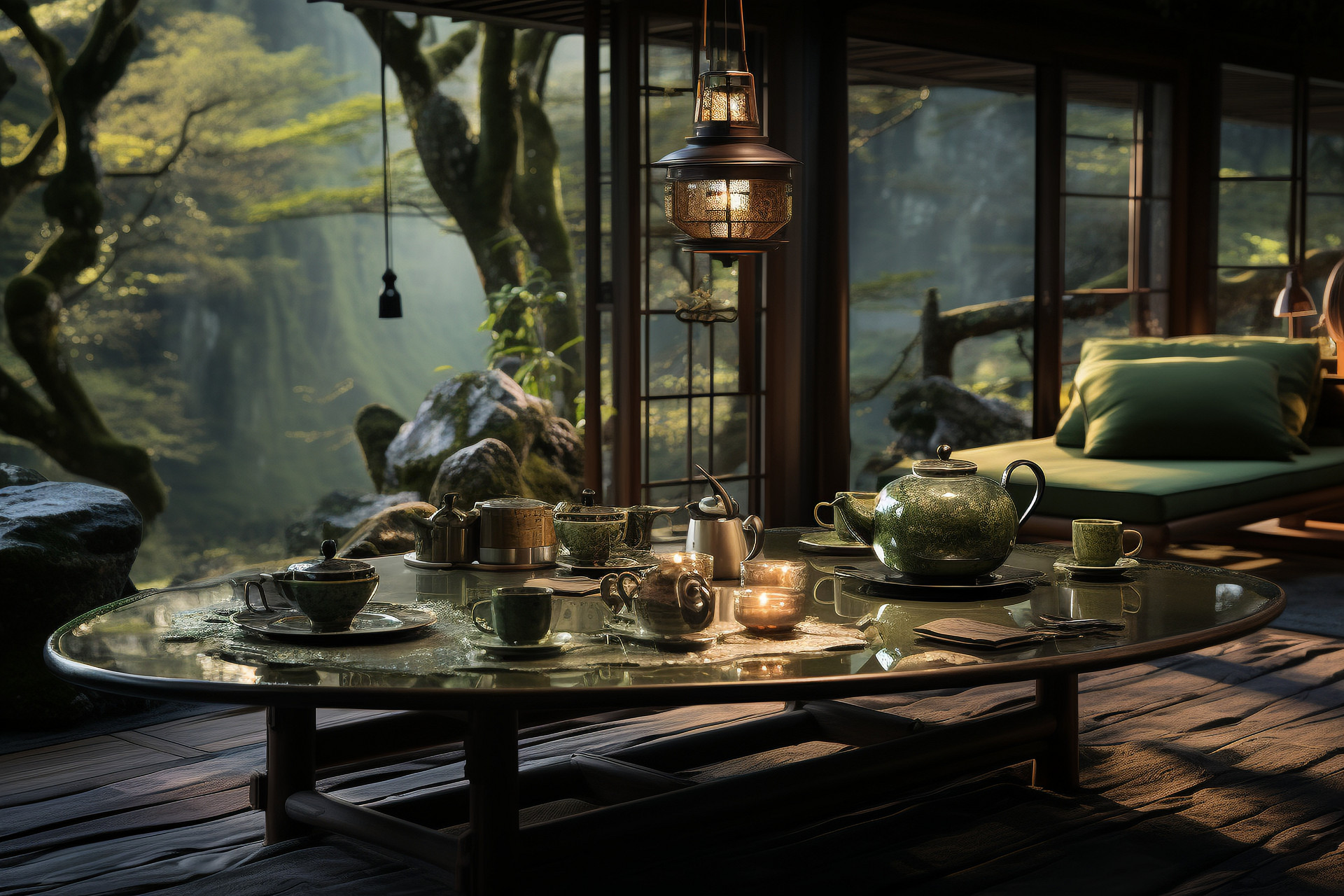

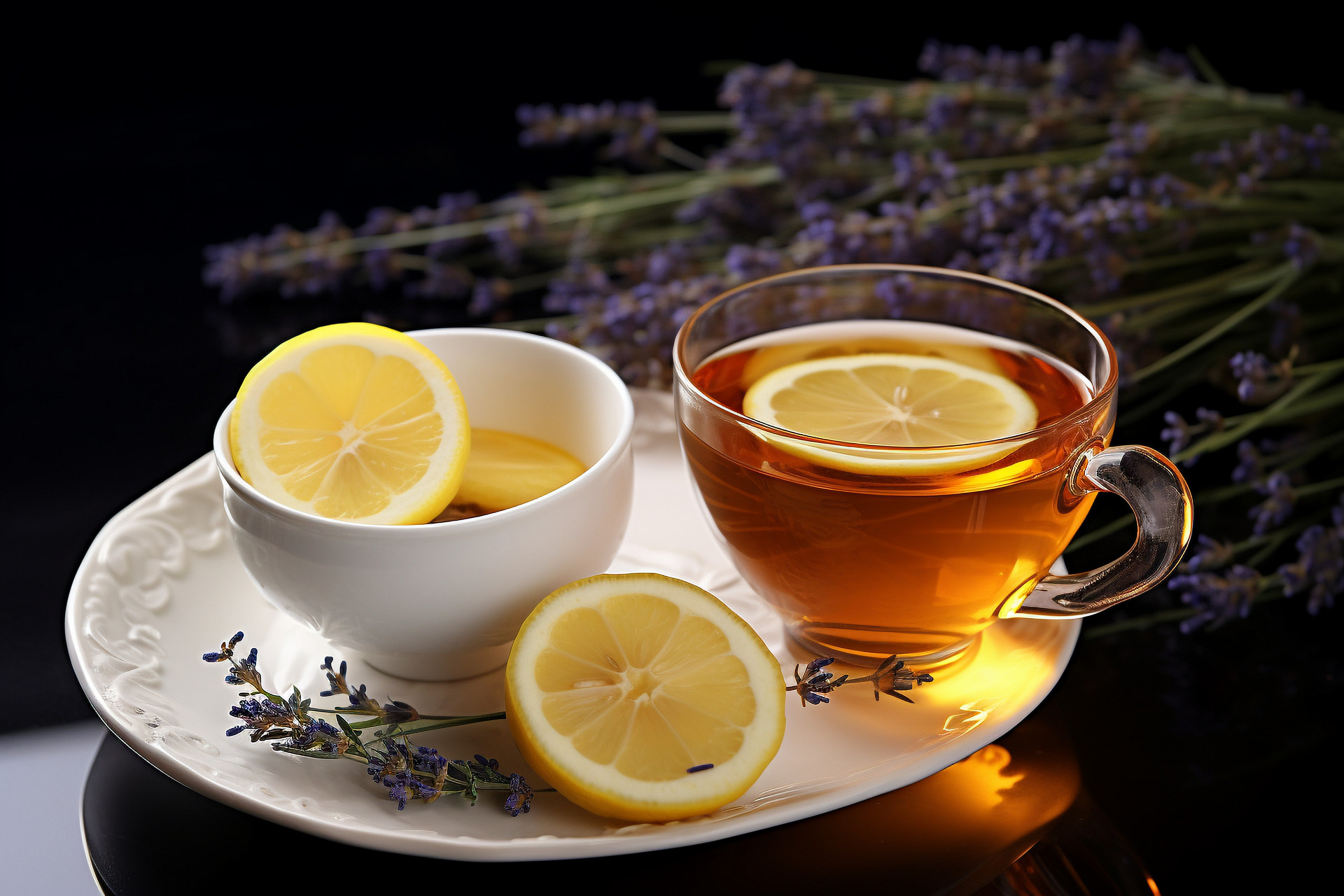
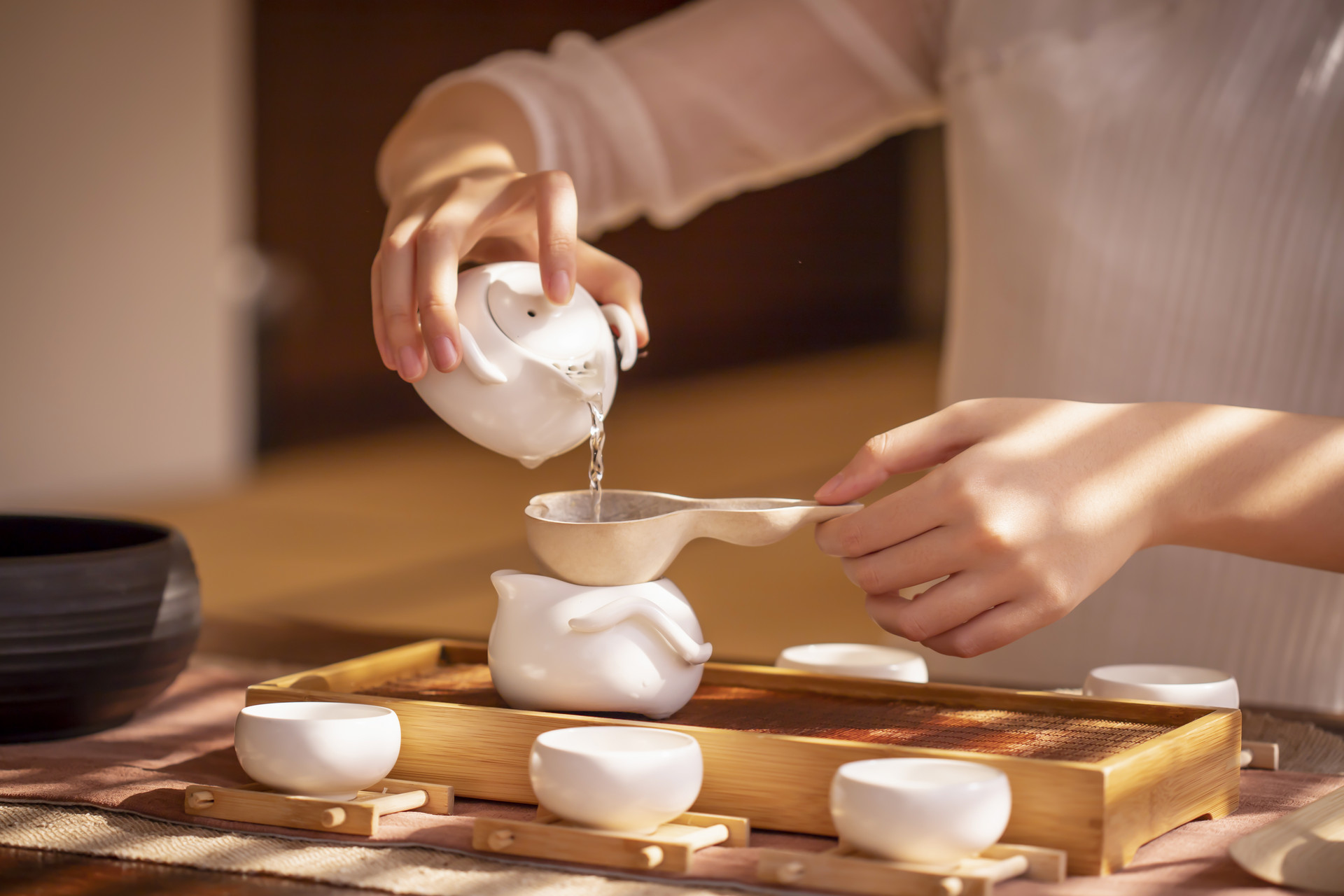
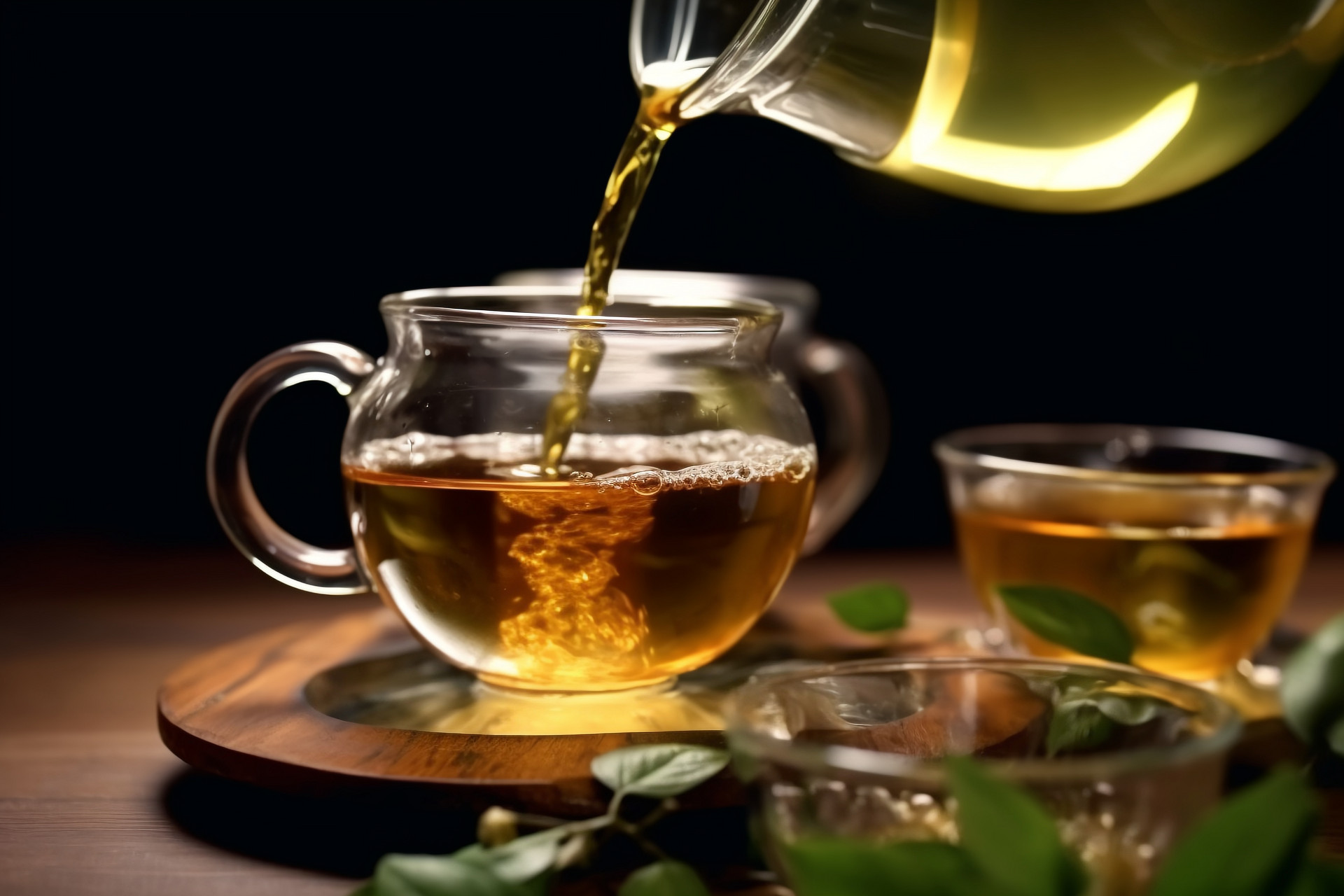

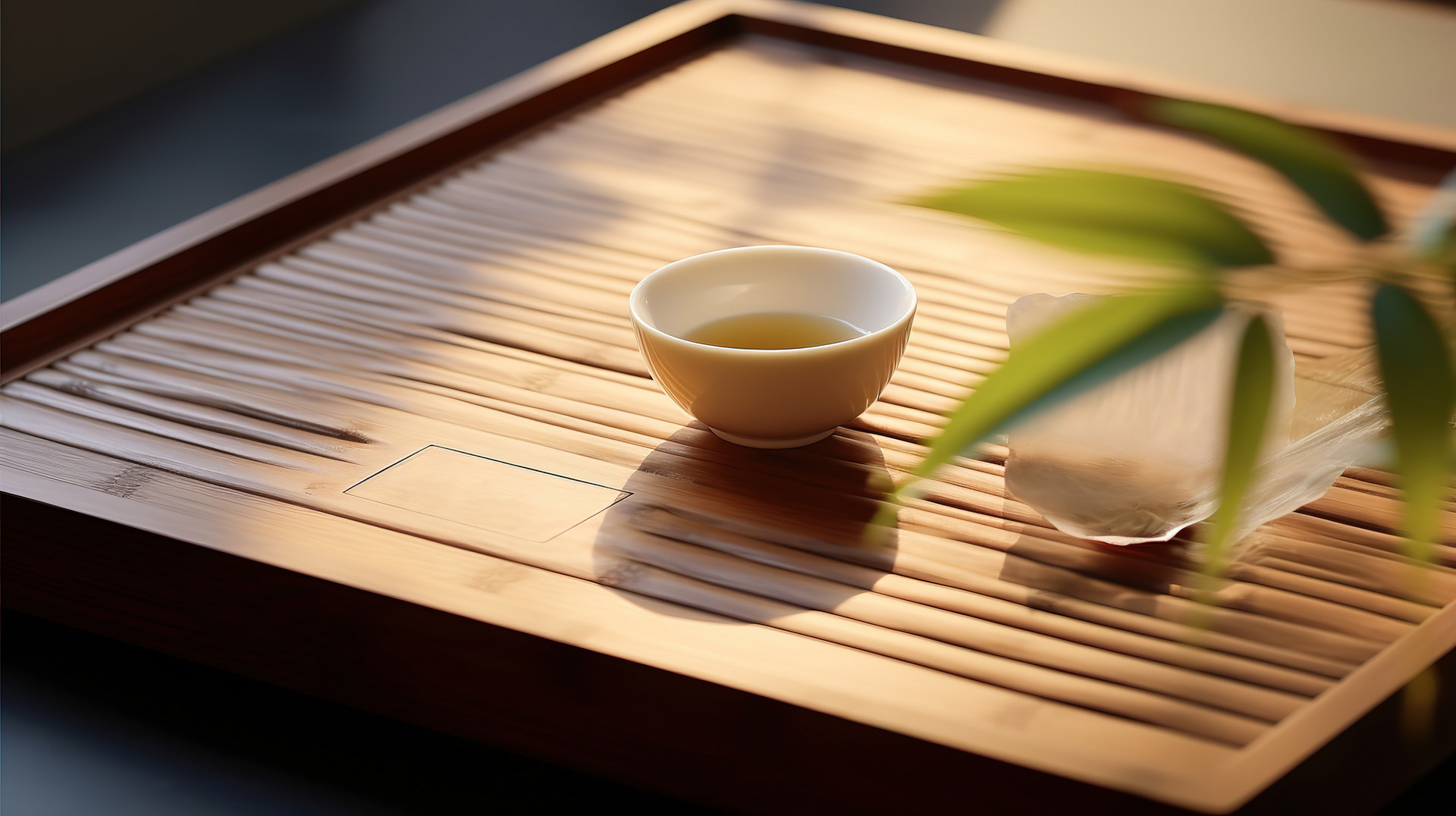
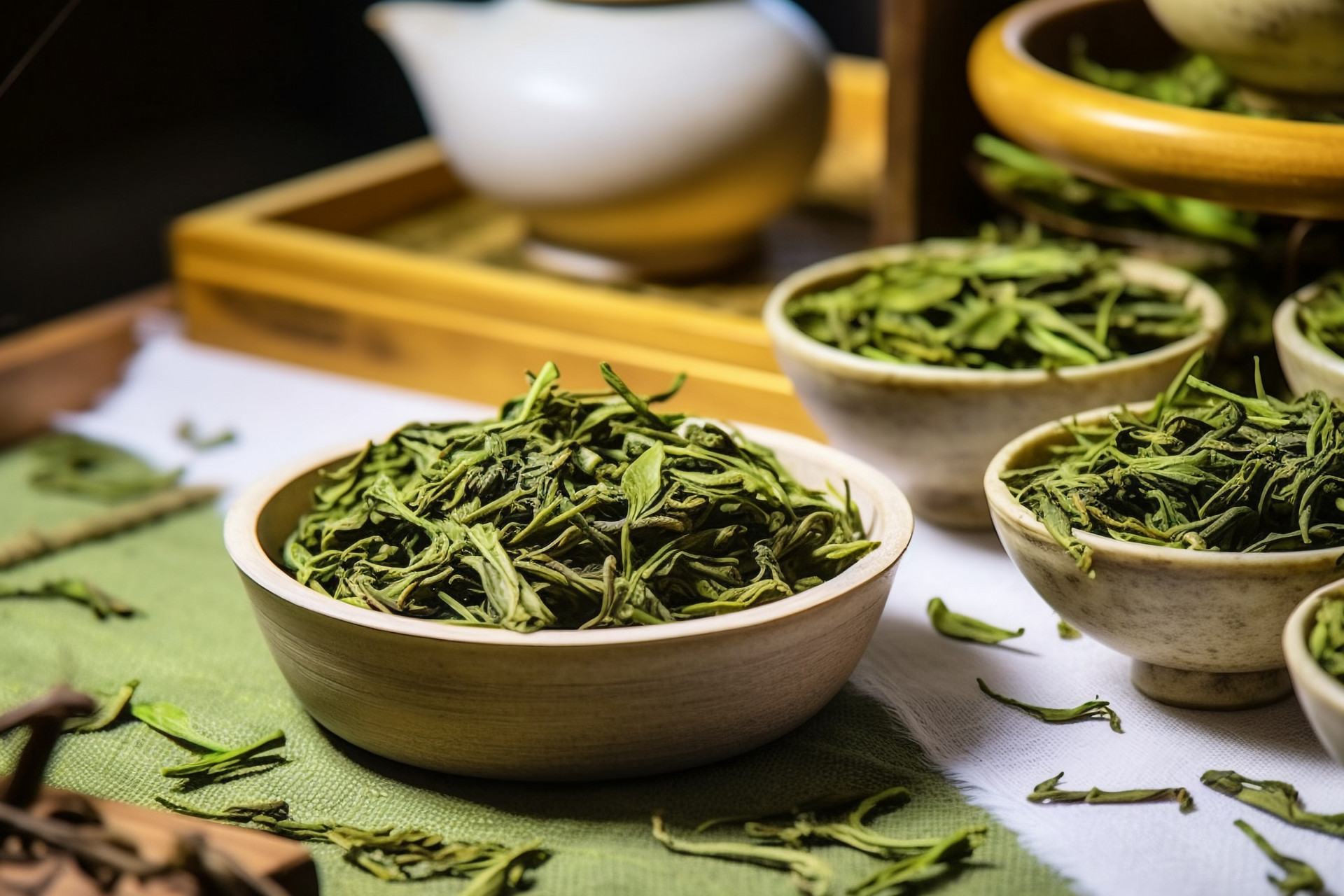
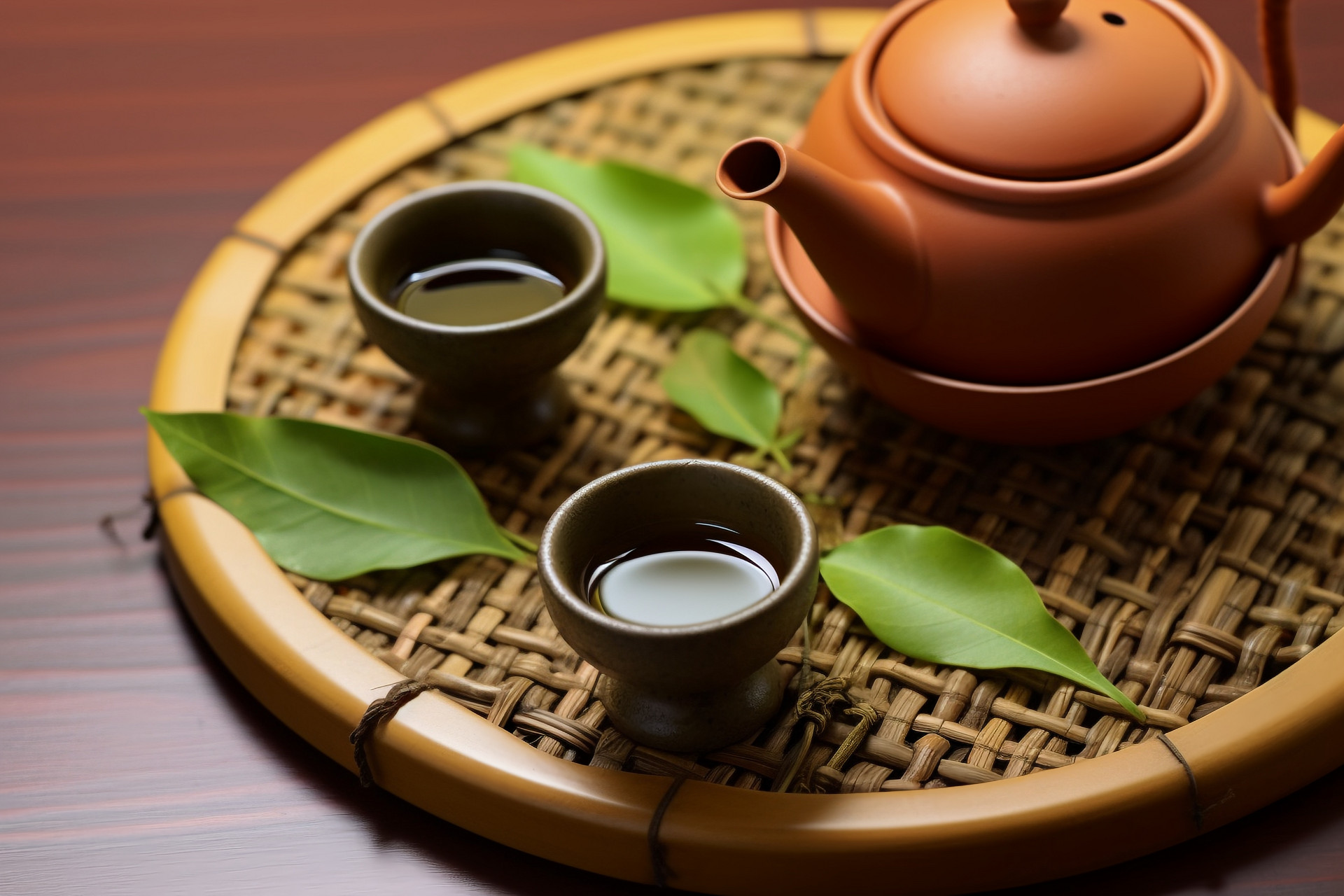
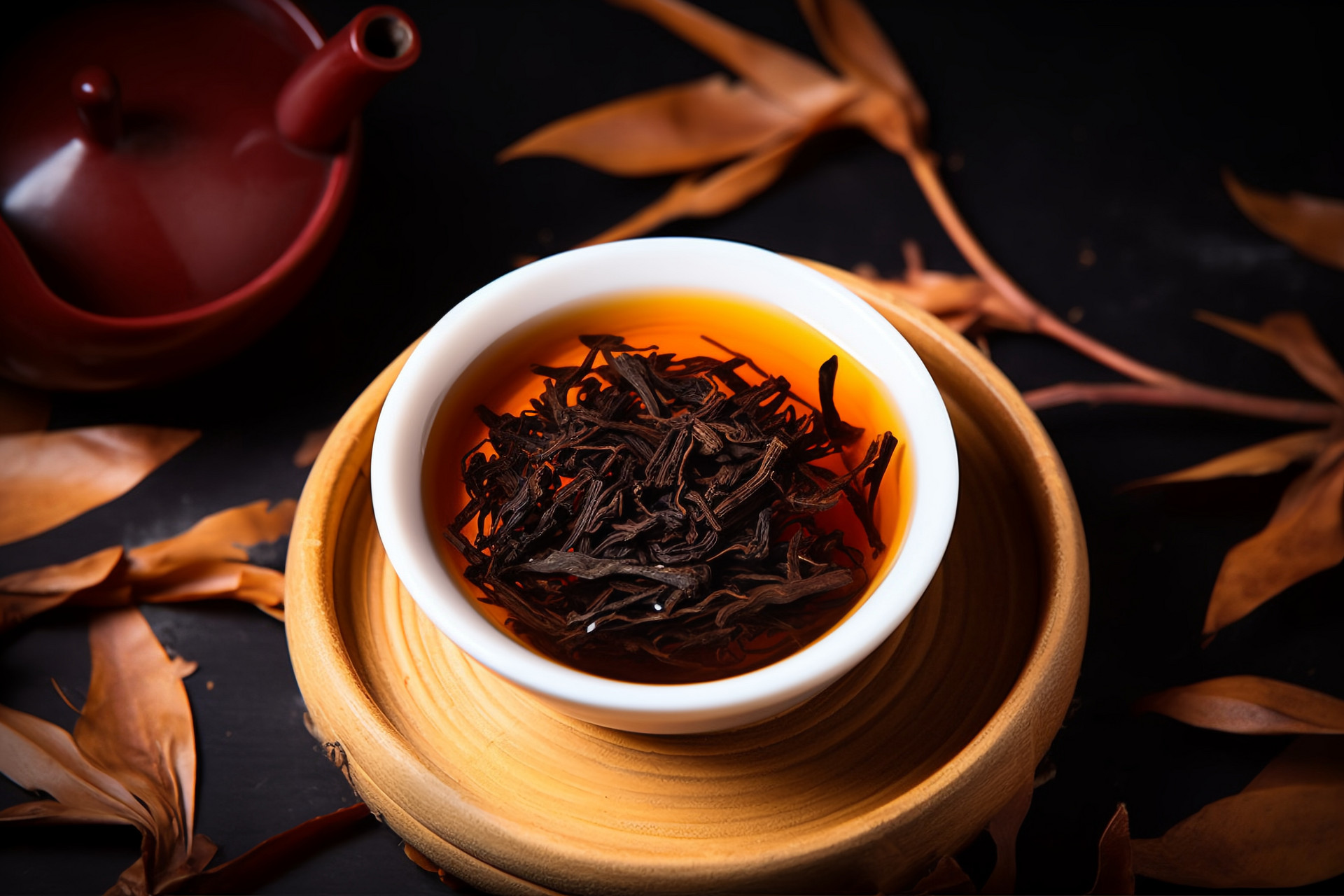
![[Herbal Wine Recipes for Health and Beauty]](https://tcmmaintenance.com/uploads/20240715/7241f6b6eafdaed88c28b26a37213964.jpg)